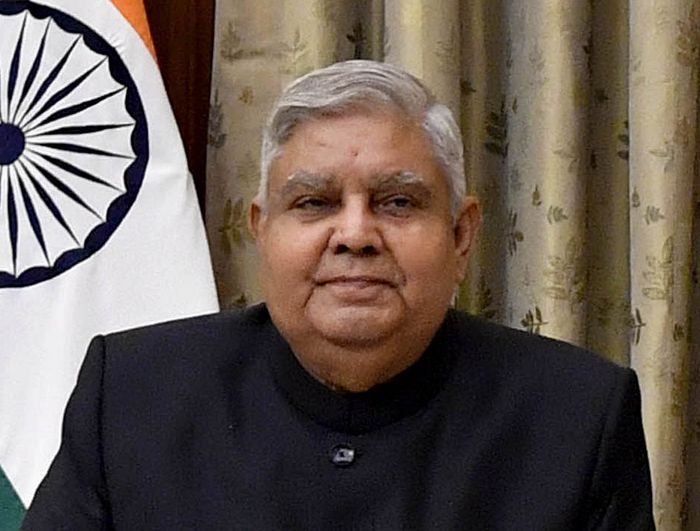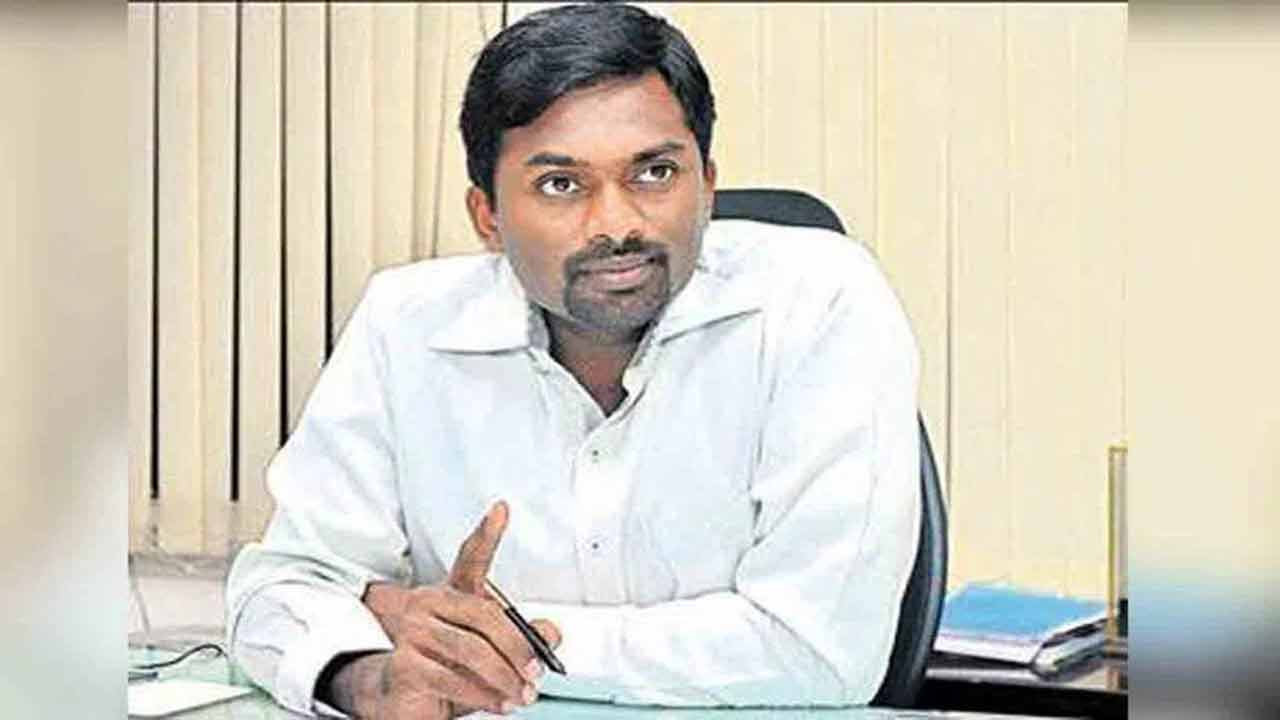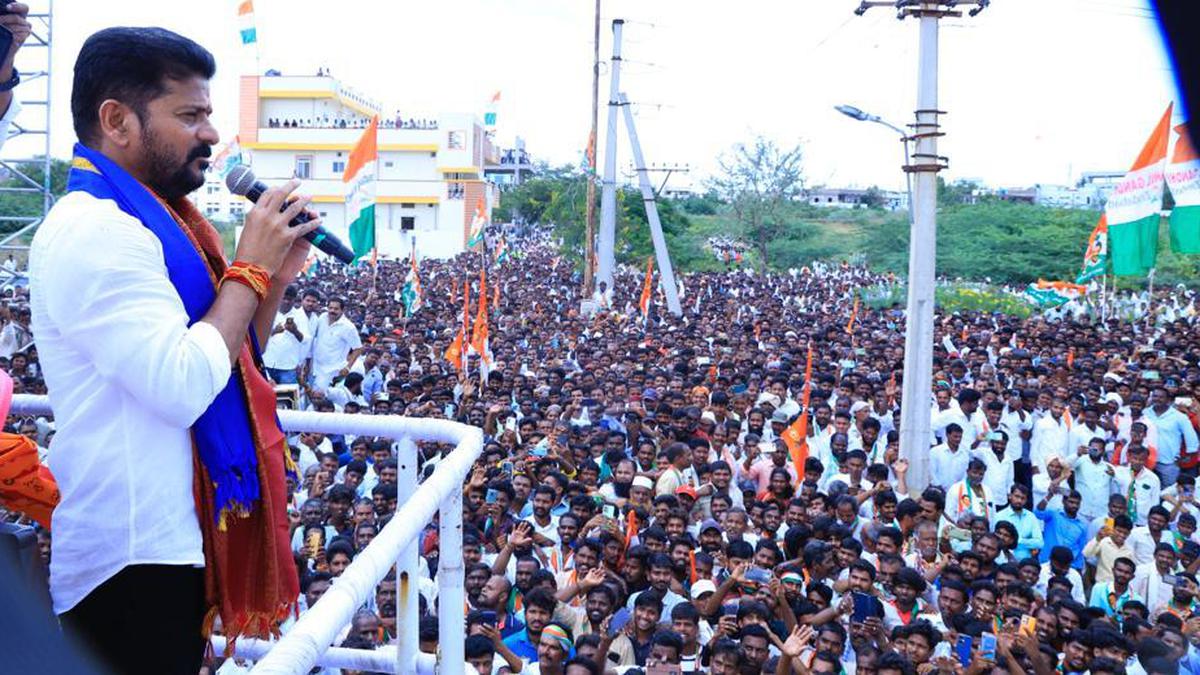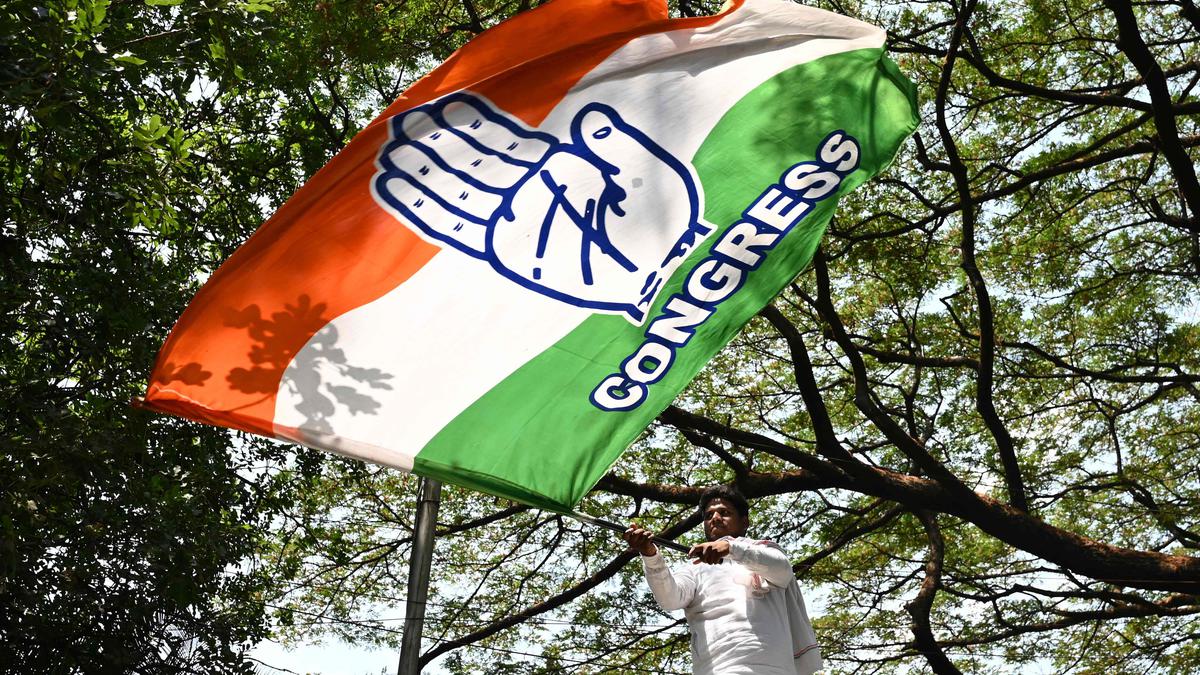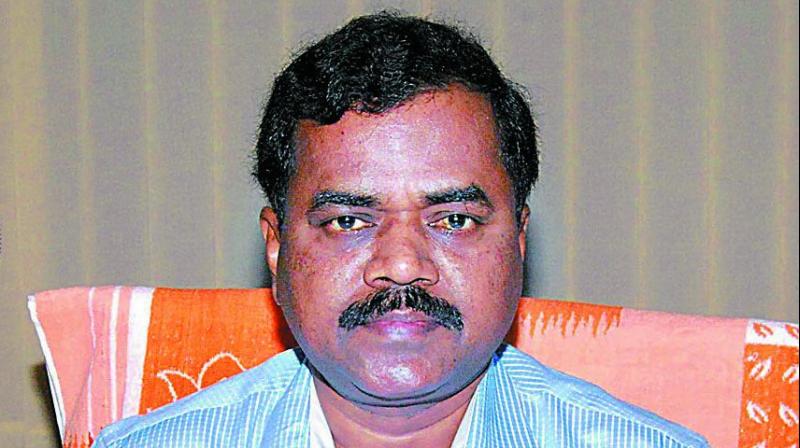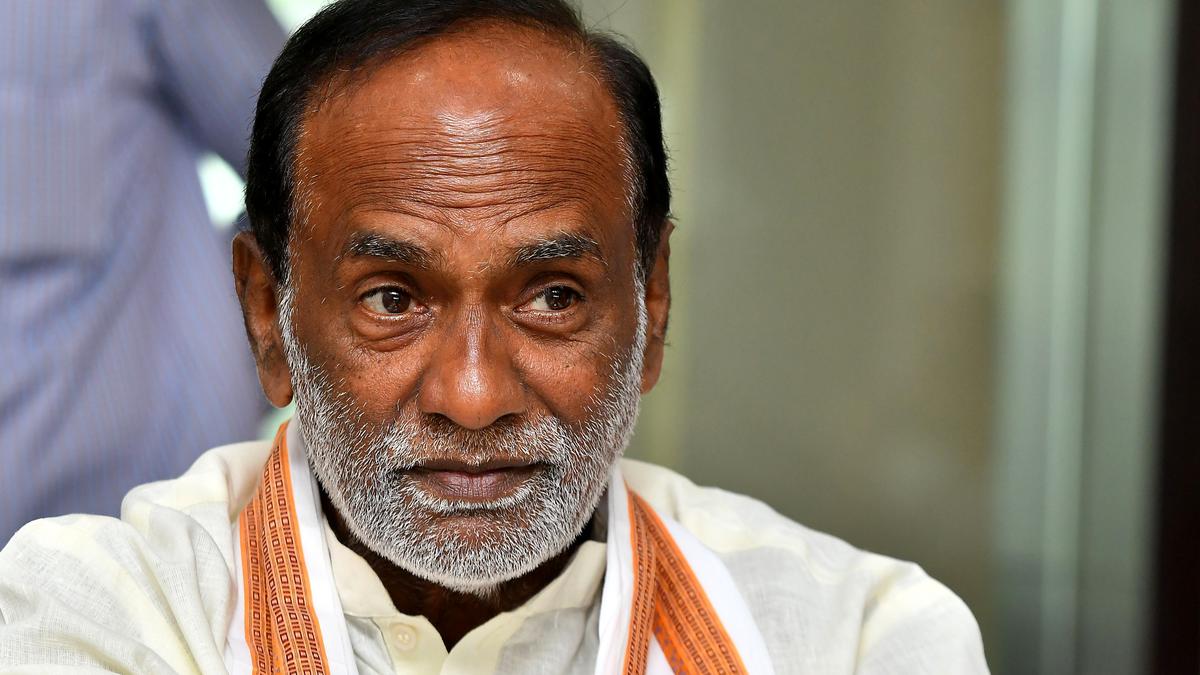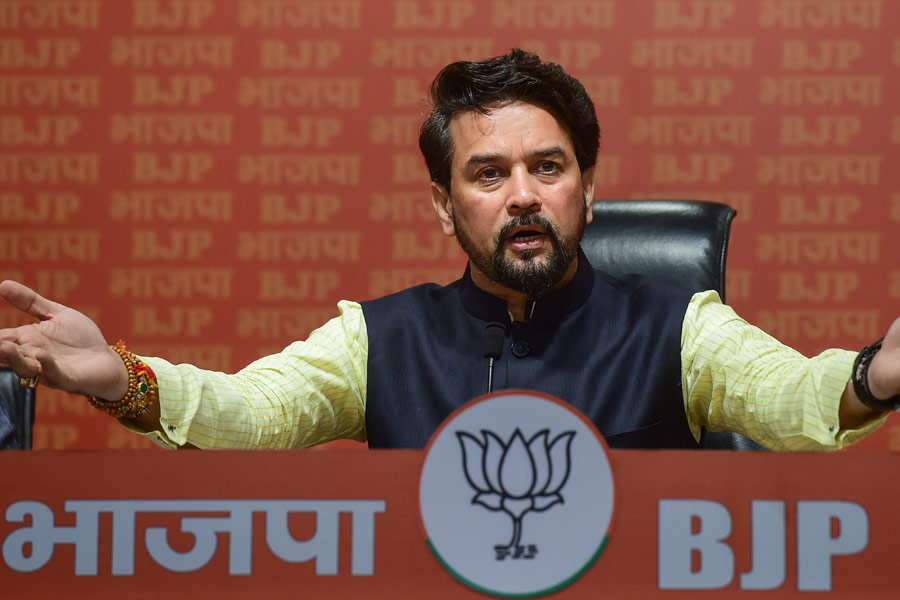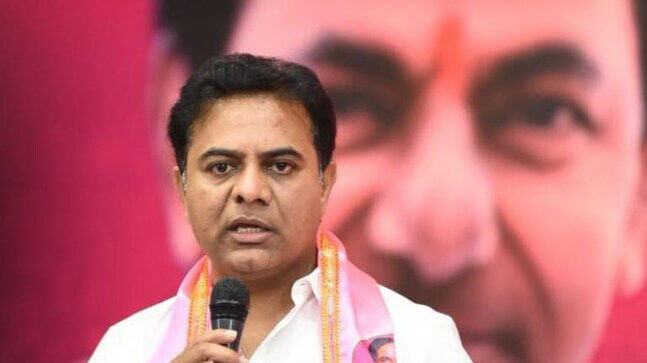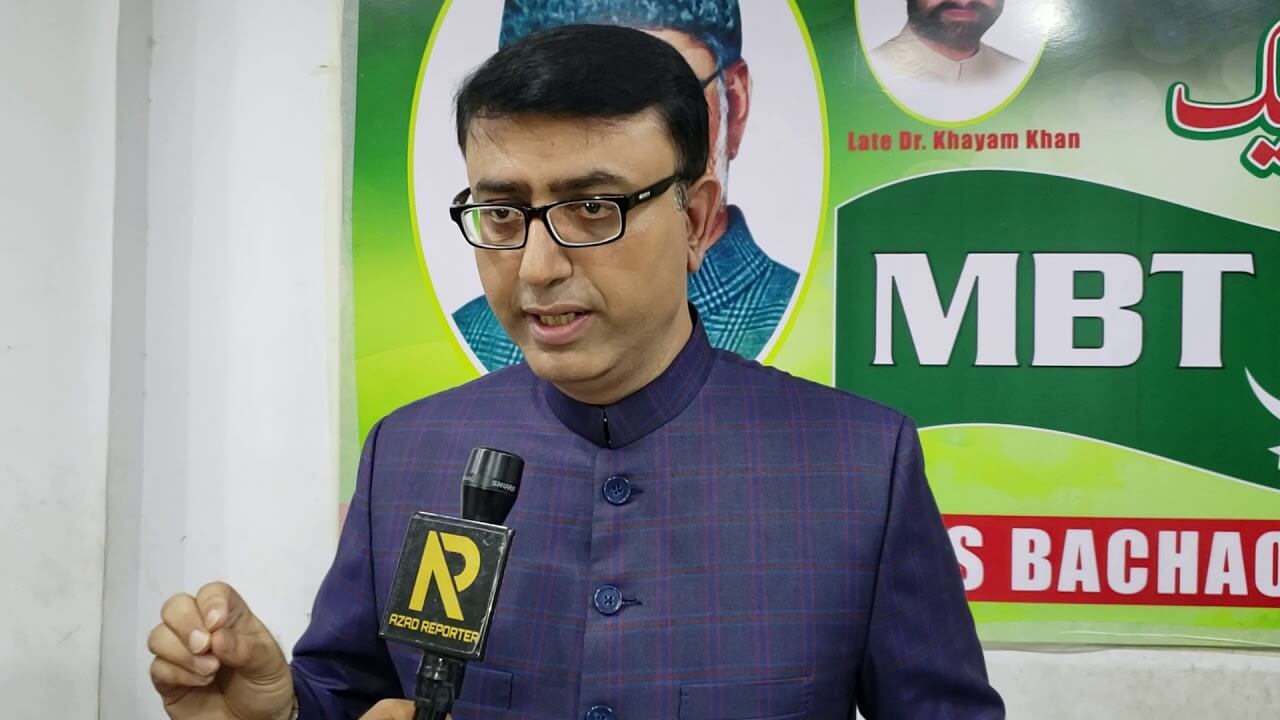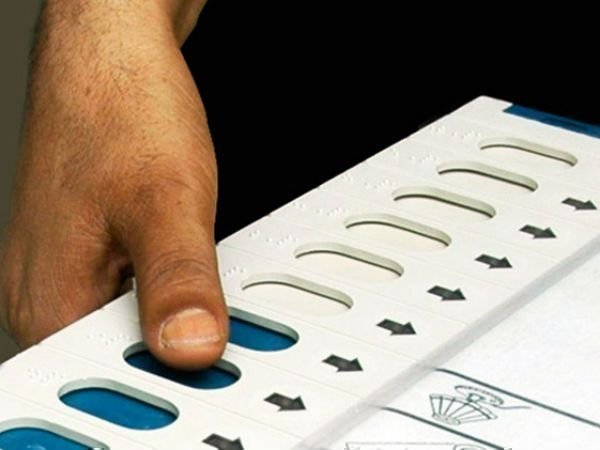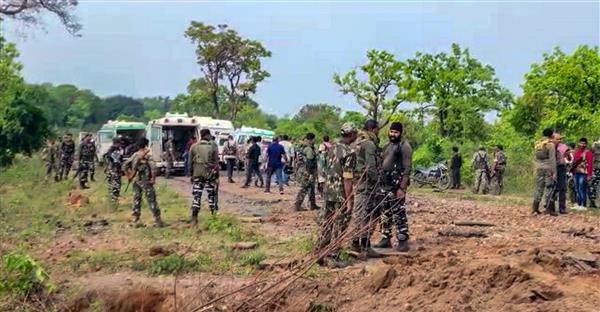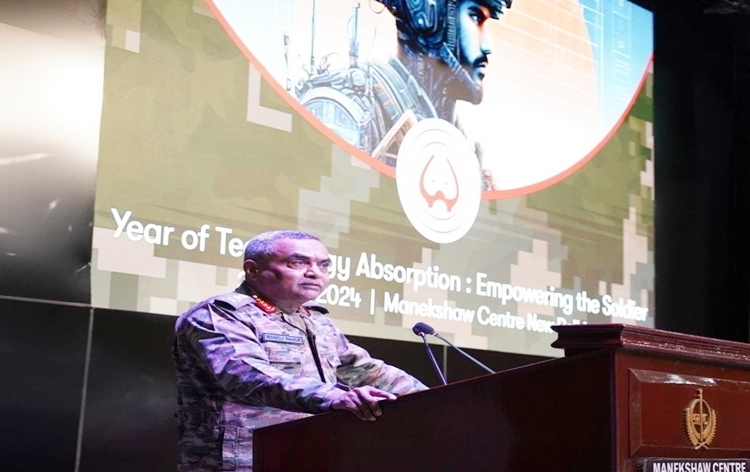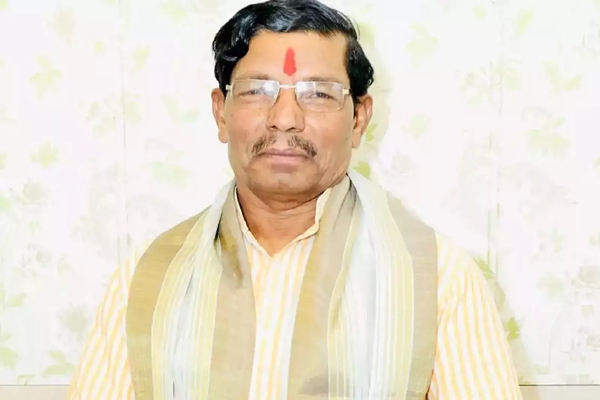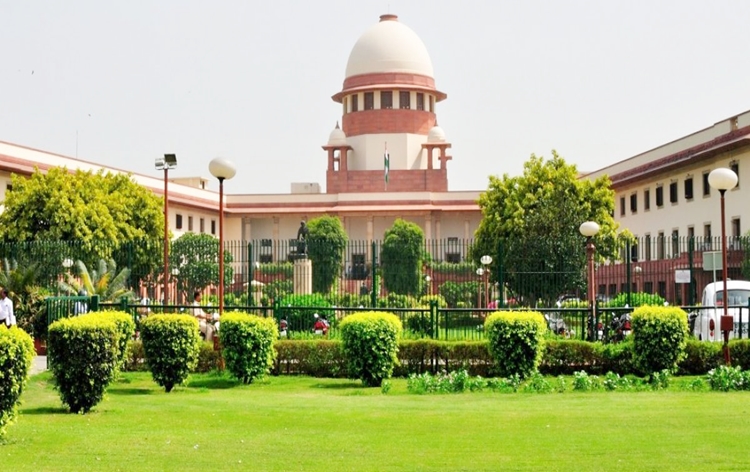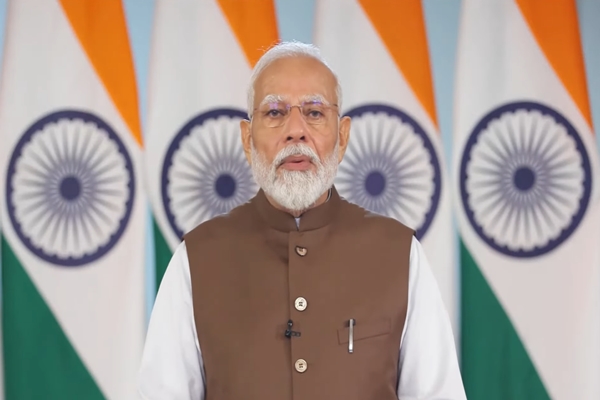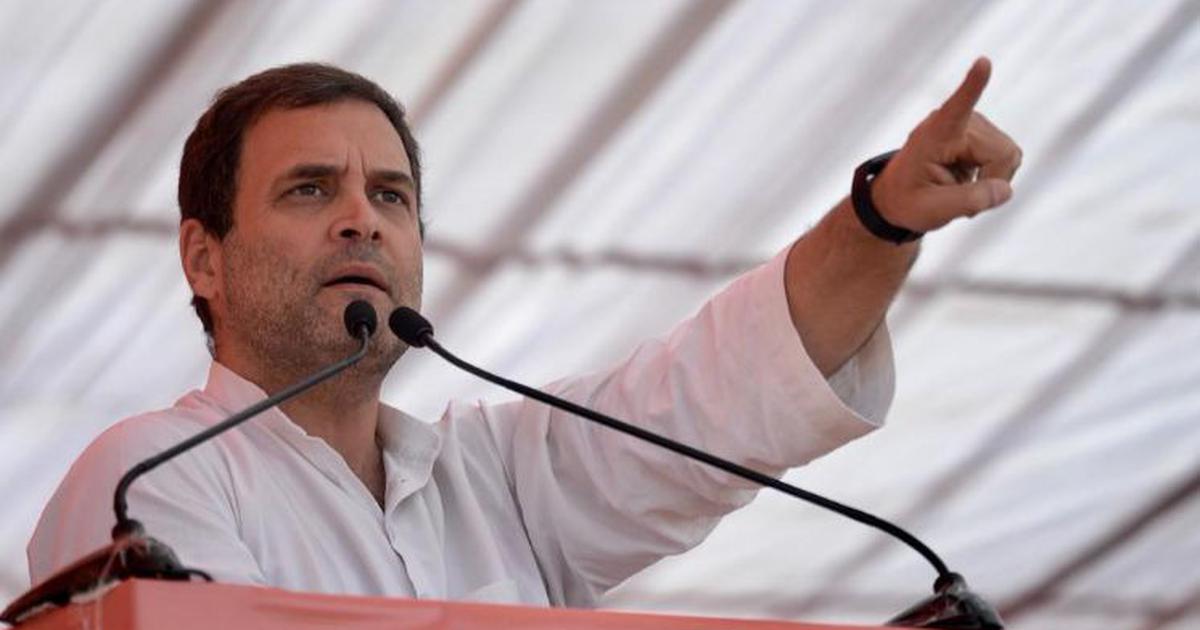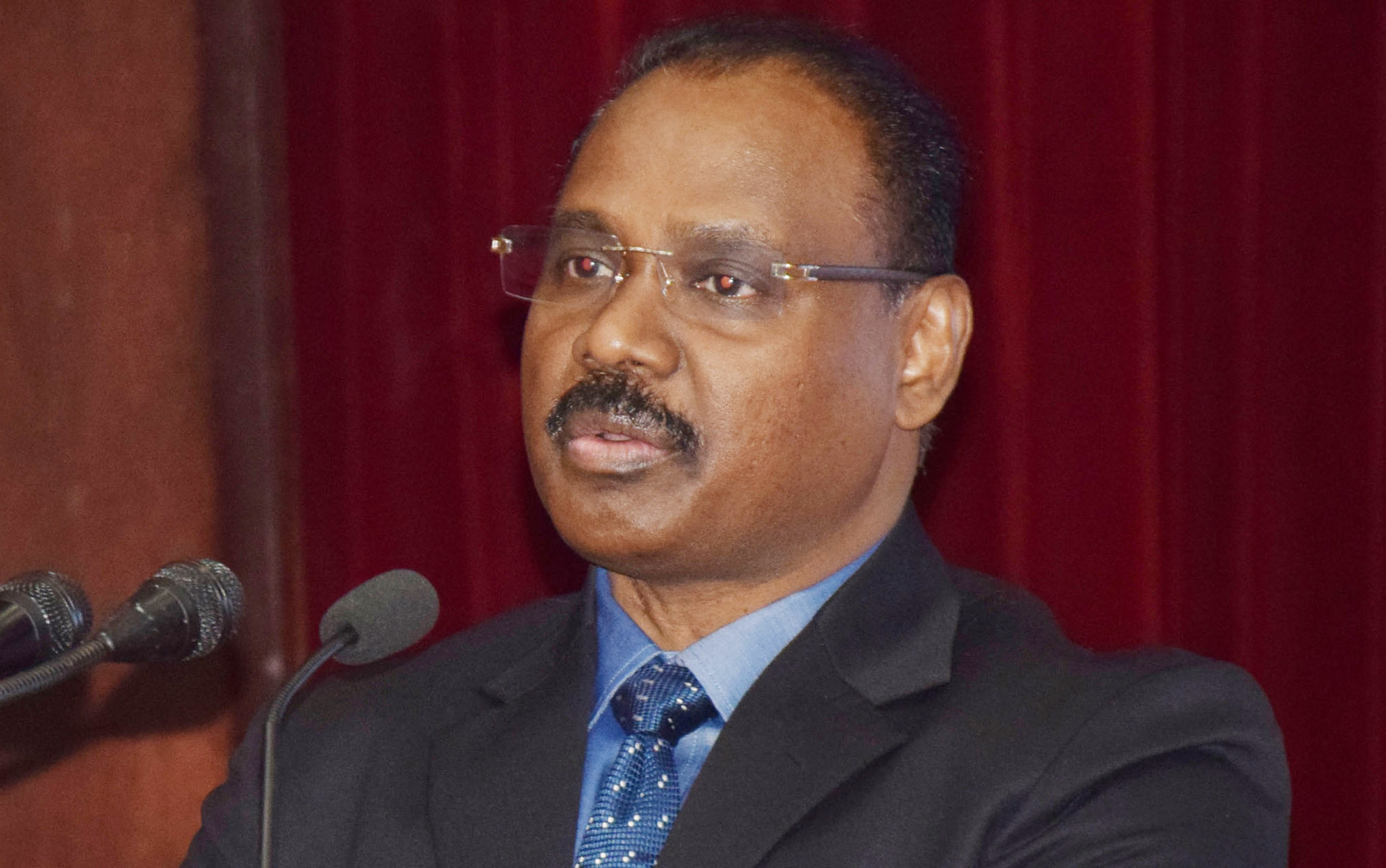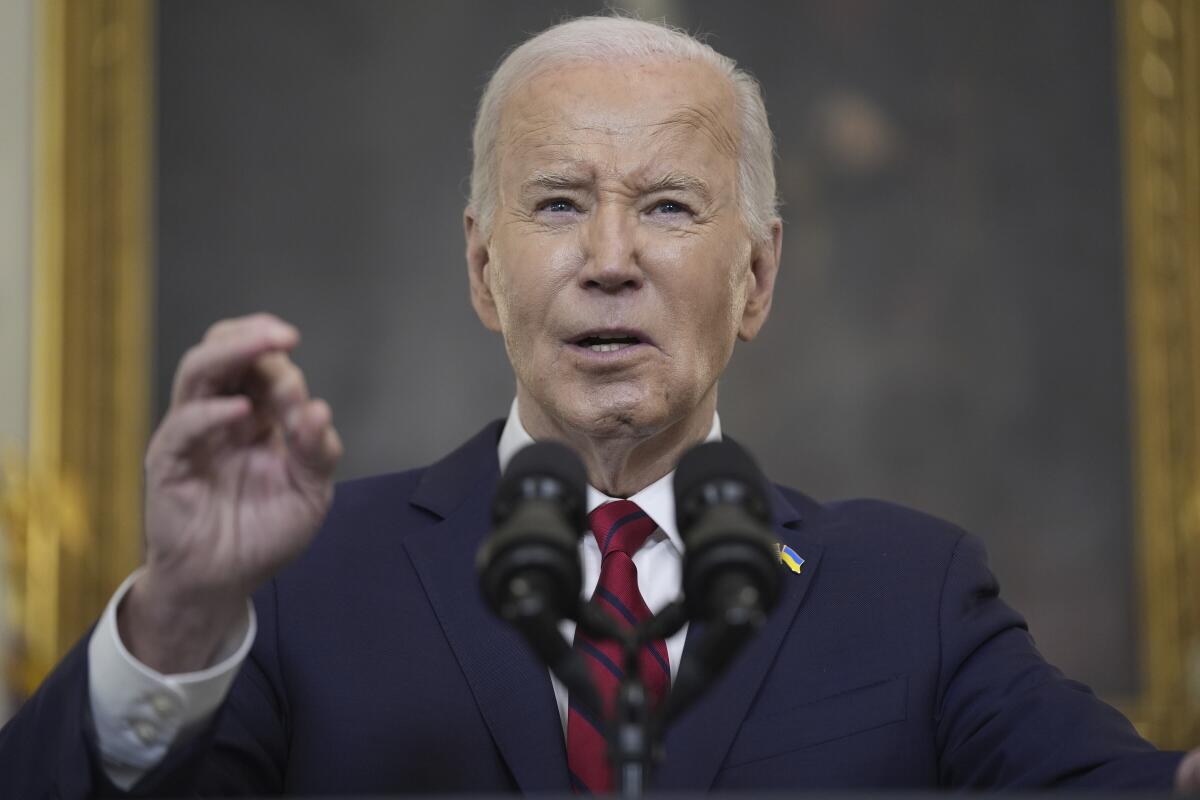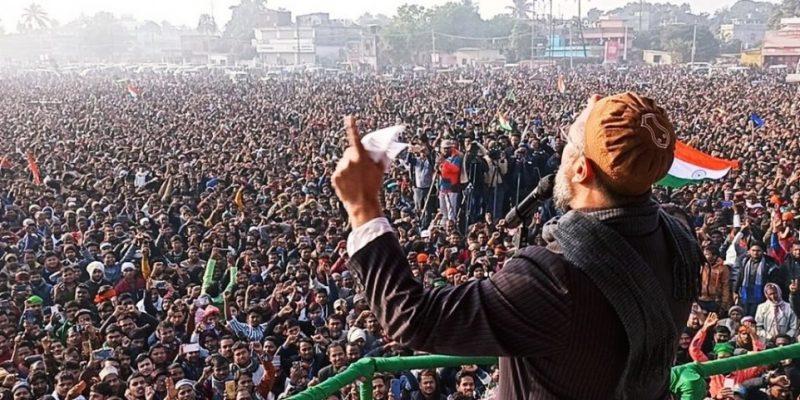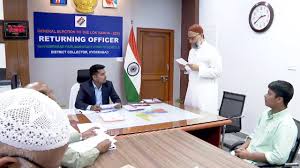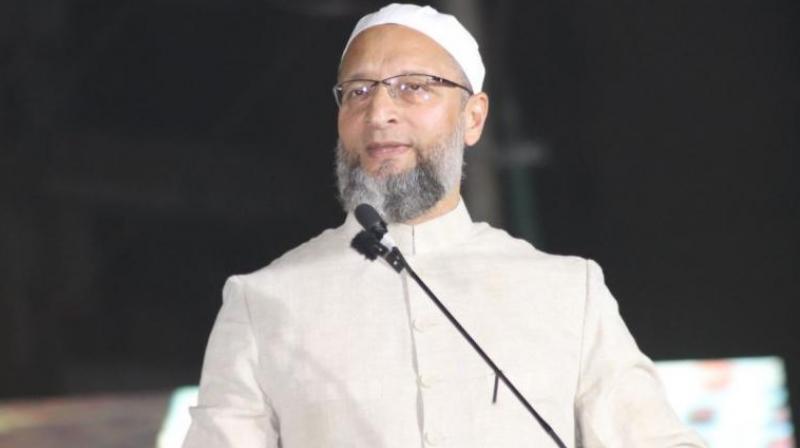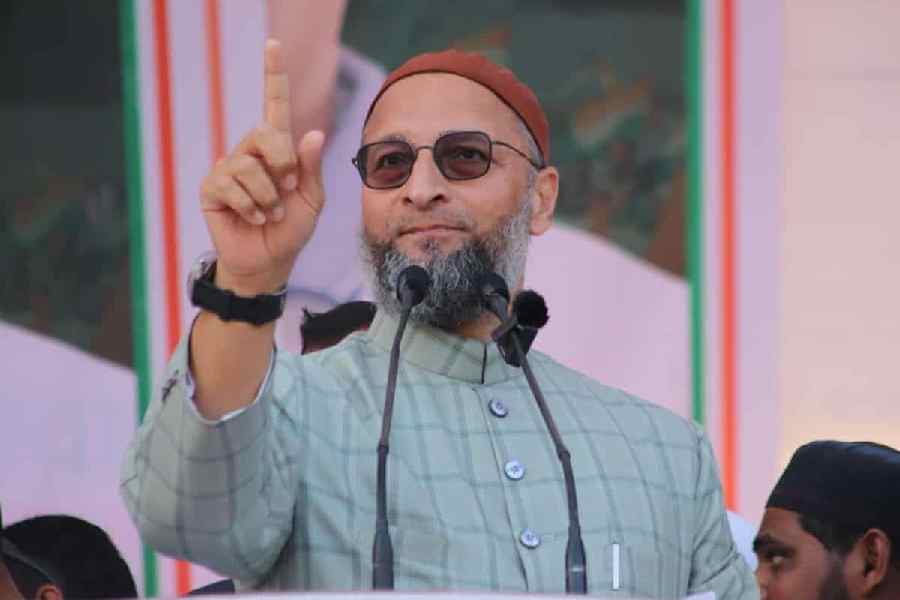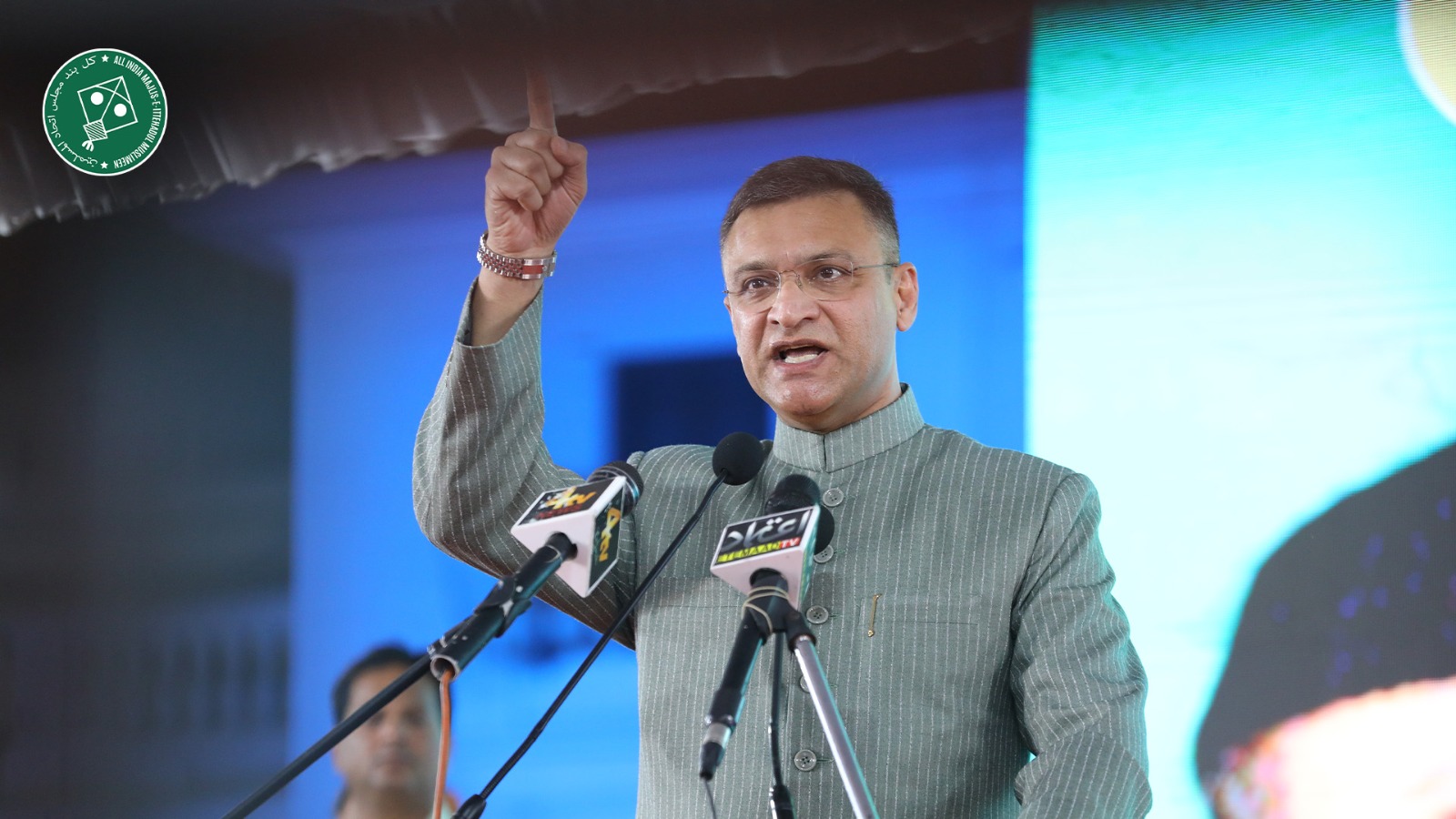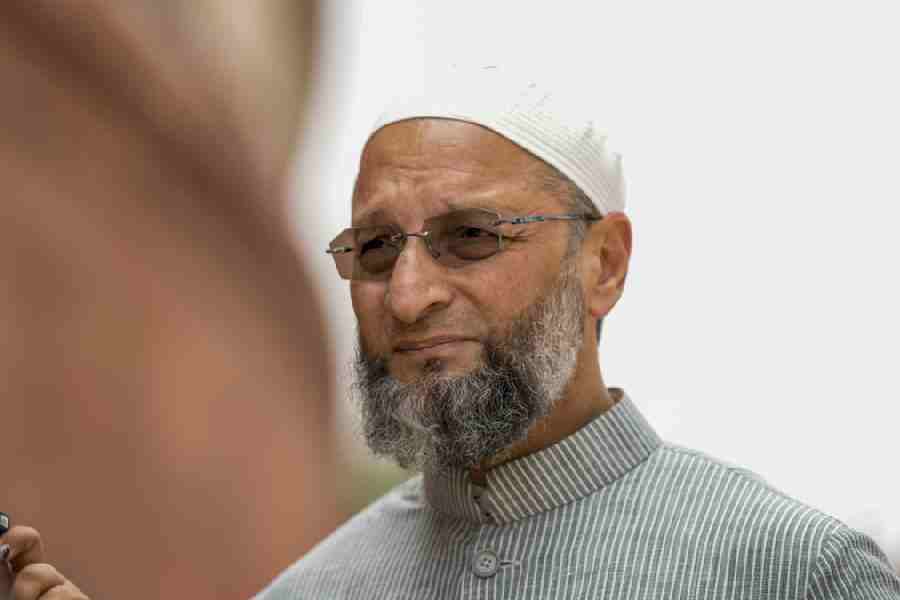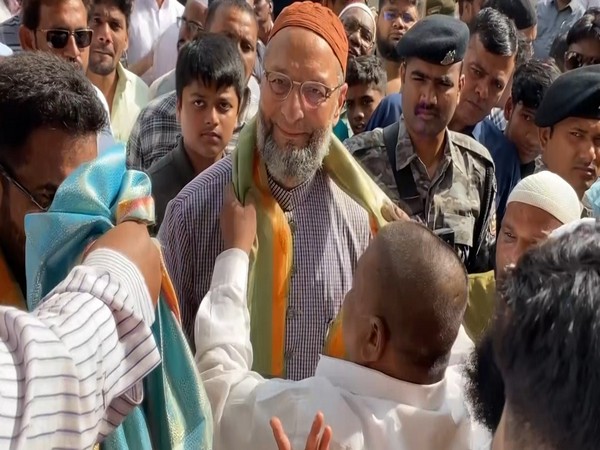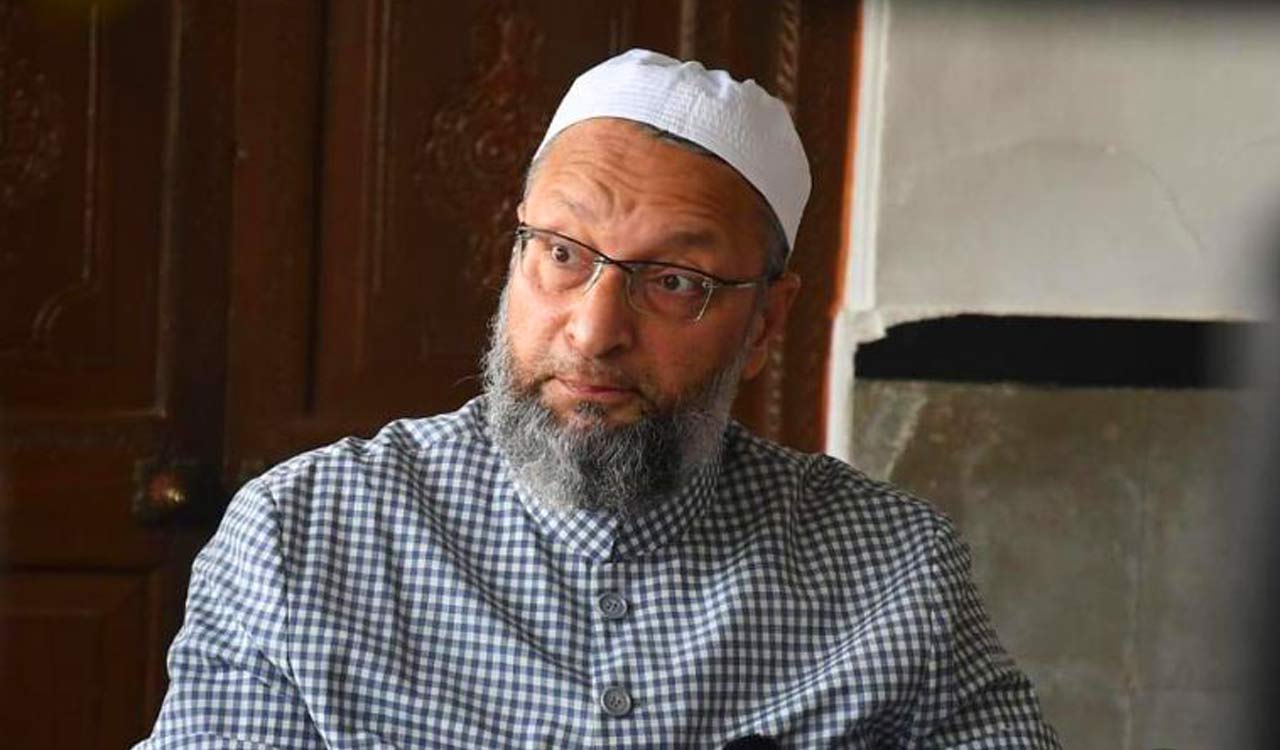KCR says Centre's policies weakened panchayats
Fri 30 Mar 2018, 11:01:57
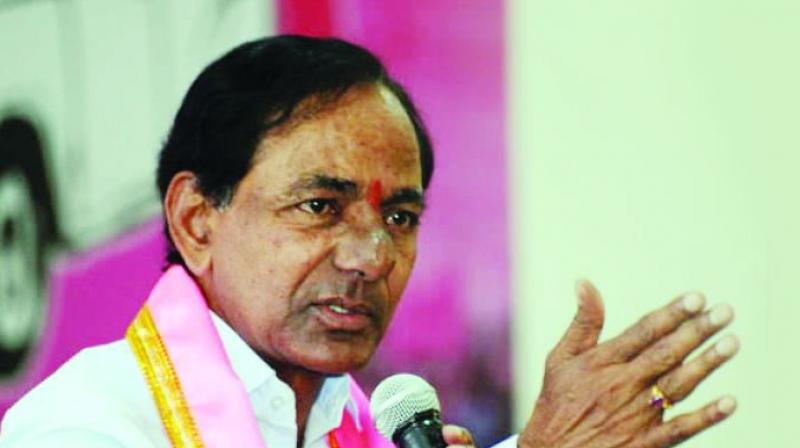
Chief Minister K. Chandrasekhar Rao on Thursday said that the Centre has adopted ŌĆ£wicked policiesŌĆØ to weaken the panchayat raj system in the country. Speaking in the Legislative Assembly, Mr Rao held consecutive governments at the Centre responsible for the present plight of gram panchayats. He said that the panchayat raj system which was started as a part of community development at the village level in the 1950s, but has now been politicised, departmentalised and suffocated to death by the consecutive parties ruling at the Centre over the years.
Mr Rao also came down heavily on the NDA government for implementing E-PoS system, making the use of biometrics compulsory to sell fertilisers, causing hardships to farmers. ŌĆ£Village panchayats had all the power earlier, and even MLAs used to fear the samiti president.
But in the name of amendments to the panchayat raj system, the panchayats have been weakened. They become defunct when the Centre tries to wrest all the power, even on issues like roads and sanitation, where it has no role,ŌĆØ the CM said.
Referring to the Direct Benefit Scheme introduced by the NDA government for the sale of fertilisers, the CM said, ŌĆ£When I met finance minister Arun Jaitley, I told him about the hardships faced by the farmers when it comes to giving their biometrics on the E-PoS machines in remote areas. The lack of connectivity makes it difficult for them to buy fertilisers. He informed me that some fertiliser companies were siphoning off fertiliser subsidies up to Rs 3,000 crores and it is to check this fraudulent practice that the E-PoS was introduced. I requested him to look for an alternative solution inst-ead of troubling farmers, but he did not approve.ŌĆØ
The Legislative Assembly on Thursday adopted the Telangana Panchayat Raj Bill 2018 and the Telangana Municipal Laws (Amendment) Bill, 2018 unanimously by
a voice vote. The Bills are aimed at creating new village panchayats and municipalities and empowering them with more funds and powers. Nagar panchayats have been abolished and henceforth there will only be municipalities and municipal corporations in urban areas.
a voice vote. The Bills are aimed at creating new village panchayats and municipalities and empowering them with more funds and powers. Nagar panchayats have been abolished and henceforth there will only be municipalities and municipal corporations in urban areas.
Chief Minister K. Chandrasekhar Rao said the elections to village panchayats will be held as scheduled before their term expires in July and direct election will be held to elect sarpanch. Elections will have no political party affiliations. Henceforth, new municipalities and gram panchayats will be created only with the approval of Assembly. There will be no change in reservations for 10 years as against the stipulated five years held at present.
No minimum educational qualifications are required to contest as sarpanch against the minimum qualification of SSC as required earlier. Appellate Authority in the place of panchayat raj minister will be constituted to enable sarpanches to appeal in case they are suspended for any reasons. Sarpanch and upa sarpanch have been given joint cheque power and village secretary will be removed from service if tax targets are not met and the survival rate of saplings planted under Haritha Haram is less than 85 per cent.
For the first time, the state government will release funds to panchayats every quarter. Budgetary allocation of Rs 1,200 crore has been made this year. Each panchayat will get a minimum of Rs 3 lakh and maximum of Rs 20 lakh depending on population. Panchayats will have the power to approve building construction plans of G+2 in 300 sq.yard plots with height not exceeding 10 metres. Mr Rao said a comprehensive Municipal Act will be made and brought either in Monsoon or Winter Session of the Assembly. ŌĆ£At present, we made certain amendments to existing Municipal Act, to facilitate the formation of new panchayats,ŌĆØ the CM said.
No Comments For This Post, Be first to write a Comment.
Most viewed from Hyderabad
Most viewed from World
AIMIM News
Asaduddin Owaisi files nomination papers on Friday
Apr 20, 2024
Owaisi Begins Election Campaign in Hyderabad
Apr 13, 2024
Bring back Indian workers in Israel: Owaisi
Apr 13, 2024
Latest Urdu News
Most Viewed
May 26, 2020
Do you think Ruturaj Gaikwad would be a good captain for Chennai Super Kings?
Latest Videos View All
Like Us
Home
About Us
Advertise With Us
All Polls
Epaper Archives
Privacy Policy
Contact Us
Download Etemaad App
© 2024 Etemaad Daily News, All Rights Reserved.

